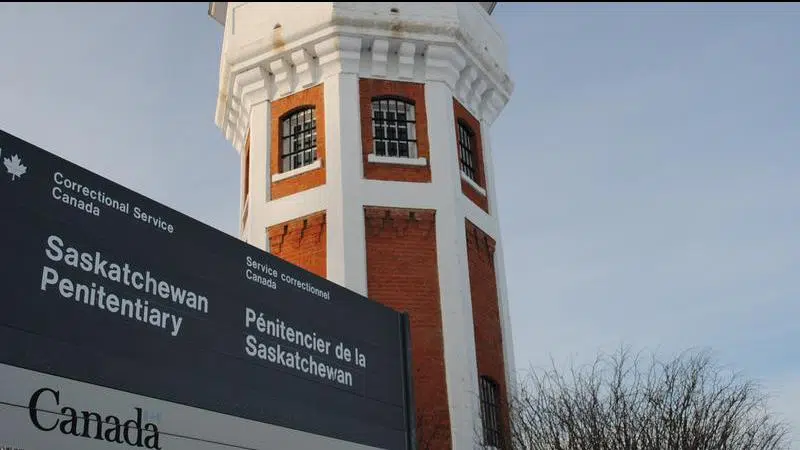
Crunching the chronic numbers: Indigenous incarceration rates keep rising
The proportion of Indigenous people in federal custody has reached a historic high and is increasing.
Saskatchewan’s numbers are alarming and First Nation leaders say it’s imperative both senior levels of government offer more funding and control over how resources are deployed.
According to a release from Canada’s prison ombudsman on Tuesday, over 30 per cent of federal inmates are Indigenous. In Saskatchewan, that number climbs to 65 per cent.
Despite the fact the Indigenous population makes up only 16 per cent of the general population, three out of every four people taken in federal or provincial custody in Saskatchewan in 2017/2018 were Indigenous, according to Statistics Canada.



